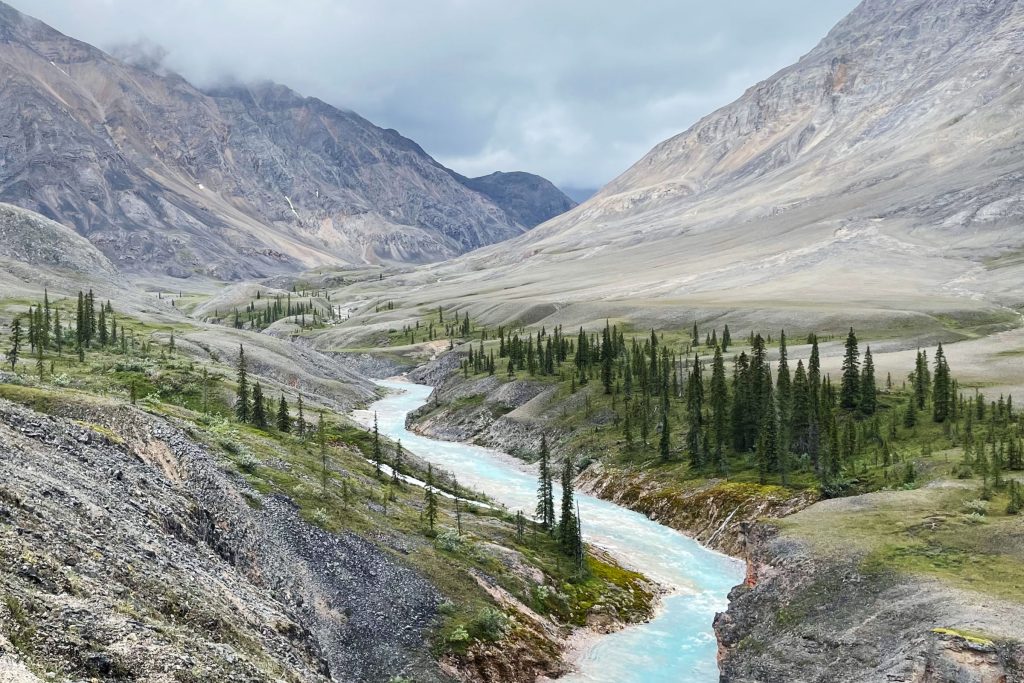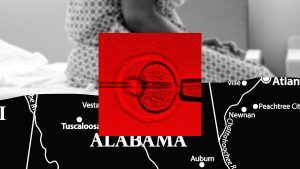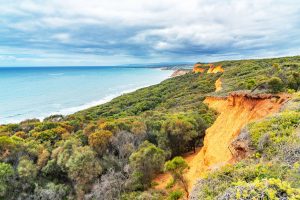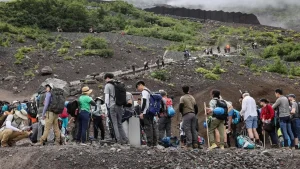Arctic Tree Trouble
2 min readLess Sea Ice Means More Arctic Trees—Which Means Trouble
As the Arctic sea ice continues to melt at an alarming rate, scientists have observed a surprising side effect: more trees...

Less Sea Ice Means More Arctic Trees—Which Means Trouble
As the Arctic sea ice continues to melt at an alarming rate, scientists have observed a surprising side effect: more trees are starting to grow in the region. This may seem like a positive development at first glance, but it actually has troubling implications for the delicate balance of the Arctic ecosystem.
The loss of sea ice is allowing more sunlight to reach the land in the Arctic, providing the perfect conditions for trees to take root and thrive. This is particularly concerning because trees are not a natural part of the Arctic landscape, and their presence can disrupt the fragile equilibrium that has existed in the region for thousands of years.
One of the most pressing issues is the impact of these new trees on the Arctic permafrost. As tree roots penetrate the frozen ground, they can cause it to thaw, releasing stored carbon and methane into the atmosphere. This not only accelerates global warming, but also threatens to destabilize the entire Arctic ecosystem.
In addition, the presence of trees can have cascading effects on other Arctic wildlife. For example, the increased vegetation can alter the habitat of animals like caribou and musk oxen, forcing them to compete for food and space in new ways. This can lead to population declines and even extinctions in some cases.
Overall, while the growth of trees in the Arctic may seem like a natural response to changing climate conditions, it actually poses a significant threat to the region’s delicate ecosystem. As we continue to address the root causes of sea ice loss and global warming, it will be crucial to also monitor and mitigate the impacts of increased tree growth in the Arctic.






